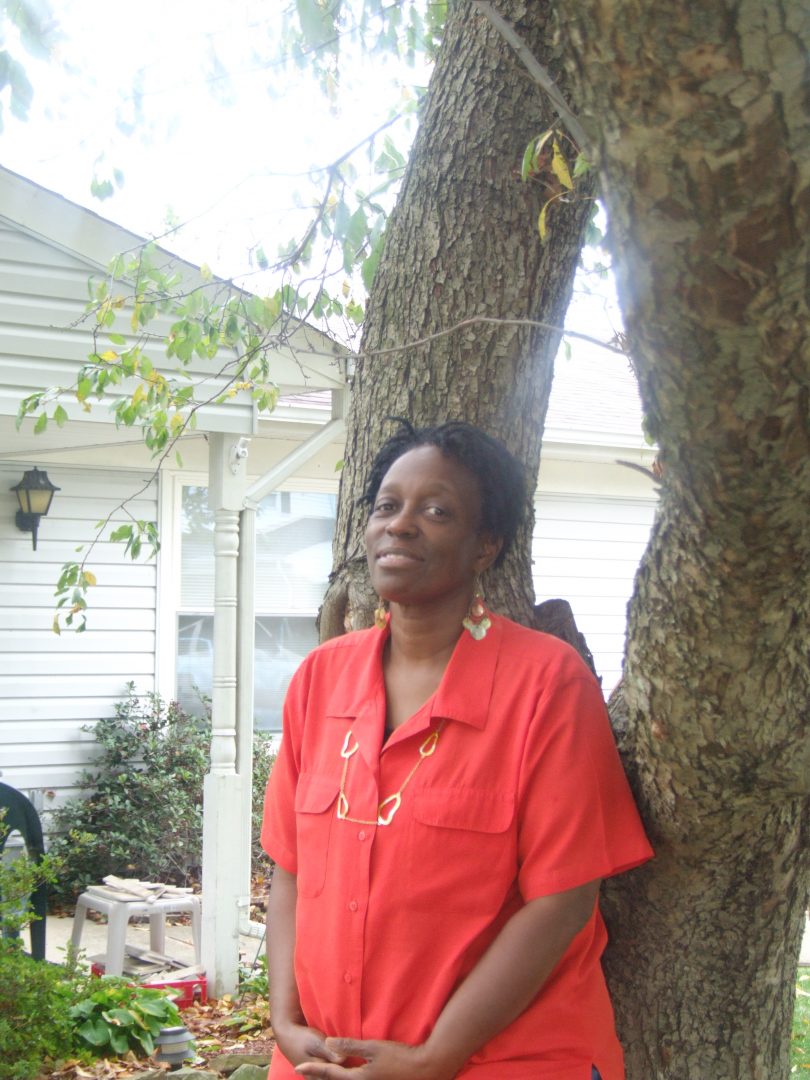Written by Alison Johnson —
Patricia Coward-White opens her home to give kids what they don’t have—a chance
The little boy who upended Patricia Coward-White’s life plans started off as her student. Jarel, then 9, was autistic, intellectually disabled and living with a foster family that neglected him. He came to his public school with body odor, uncombed hair and rough, dry skin. At home, he still slept in a crib, rarely played outside and ate mostly sweets, leaving him chronically constipated.
“He was just miserable,” remembers Coward-White, then a special education assistant. “I felt so sorry for him. Nobody wanted him.” Coward-White—feeling a nudge from God—decided she did.
Never mind that the Virginia Beach resident had begun to imagine how she might reinvent herself once her two biological sons, then 13 and 16, moved away from home. As it turned out, she had many more years of mothering ahead: over the past 13 years, Coward-White has taken in eight foster children, from newborns to teenagers. She has adopted five as a single parent, including Jarel, now 22, who recently finished high school and hopes to get a grocery store job through a supported employment program. Jarel and two others, Nathan, 9, and his sister Kenyatta, 8, still live with her.
Several have had special needs, including attention deficit disorder, emotional disturbances and obsessive-compulsive disorder. Her foster kids have lied, stolen, hoarded food, cursed, smeared feces and flown into rages. They’ve frustrated her with their struggles to leave their pasts behind and realize their own self-worth.
But each has also given her powerful lessons on resilience and love, along with an immeasurable pride that she can make a difference to a child who had nothing permanent—sometimes not even a bed, much less a parent. Nathan, for example, was afraid to talk when he came to her at age 2 and only screamed; now he is a chatterbox.
“My life was ordinary,” says Coward-White, crediting her faith, family and friends for giving her strength. “Now it’s extraordinary. They’ve brought me to a higher level of thinking, feeling and compassion than I ever would have reached without them.”
In the Eastern region of Virginia alone, nearly 1,000 children are in foster care and 300 are available for adoption, says Jeannette Toscano, communications director for United Methodist Family Services, a Richmond-based nonprofit that worked with Coward-White. Good foster parents are a blessing, especially those willing to care for teenagers, siblings and kids with health issues, Toscano says.
“They are patient and know that love from a child comes in many forms, and that it takes time for a foster child to learn to trust an adult,” she says. “They have big hearts and provide stability, hope and love to a child who so desperately needs it.”
Coward-White, now a preschool teacher, has helped train other foster parents and doesn’t rule out taking in another child, although her age is a concern. Anyone can help kids in need, she says, from financial donations to temporary respite care to permanent adoption. Her biological son Kyle, 26, who along with his older brother E.J., 29, has embraced his new siblings, calls her an eternal optimist. “Every situation, no matter how bad, she always finds a way to say something positive,” Kyle says.
That’s despite the fact that not all of her foster kids have built happy lives; one, in fact, has disappeared altogether. “You keep trying to fill the holes in them, pouring in and pouring in,” Coward-White says.
“You love them through all the madness.”

